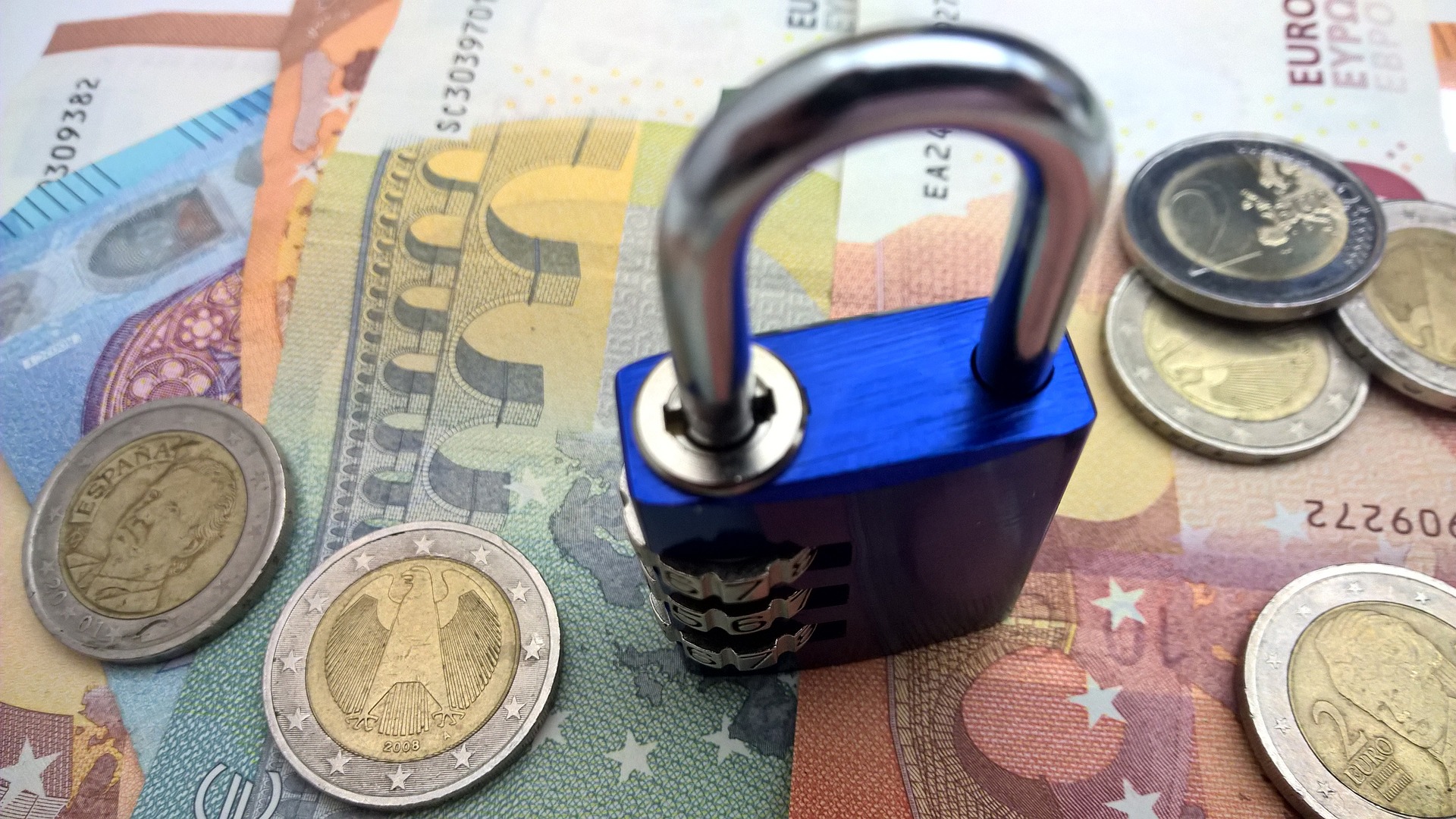While debt consolidation has numerous benefits to the borrower of the loan, it also comes with some downsides, especially if you are consolidating unsecured loans into a single secured loan. Remember that the initial loans were unsecured and now you are securing your new loan with your assets. This means that you are putting your assets at risk so that if you do not pay the loan, you stand to lose your pledged property, life insurance cover, retirement fund or whatever security you’ll have placed against your loan.
Nobody wishes not to pay his or her loan, but in a world full of uncertainties and economic hurdles, you do not want to gamble with your hard-earned assets, alright? In addition, the term of secured loans are often longer than the term of the security obligations you project to consolidate. This could mean that the total interest over the term is higher than the interest you would have to pay on each of the separate debts, even if the monthly repayment may be lower.
While unsecured personal debt consolidation loans are becoming popular in modern lending practice, they are likely to be less accessible to many people who need them. When seeking unsecured debt consolidation, the borrower is expected to have above average credit score. Often, low interest, introductory rate on your credit card may be used to cushion against the risks associated with unsecured loans.





